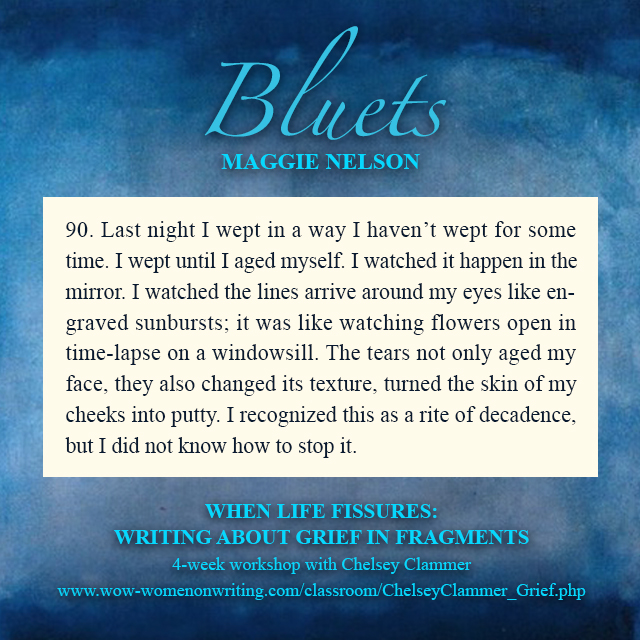by Susanne Holly Brent
I’ve never been that great at jig saw puzzles, but when I got laid off due to the Corona Virus, I ordered one on Amazon. It looked fun. It never arrived. Determined even more to have a puzzle, after all I had plenty of time now to complete one, I took the risk and ventured outside. The big box store had just two puzzles for sale, and I bought the one titled Written in the Stars. It has golden astrological figures in a night sky above a snowy landscape of fir trees, roaring campfire and two colorful tents. (The tentative title of my novel is, I kid you not, Written in the Leaves.)
All I must do is duplicate the picture on the box by connecting 1,000 tiny jigsaw pieces together. I forgot there are A LOT of pieces. Much like my novel, I have a story I want to tell, but I have zillions of ideas scattered in my brain. With both, the challenge is to connect them. Unlike my puzzle, the more I write, the more ideas pop up, adding pieces to the picture I thought I had figured out and complicating matters. Both the puzzle and the novel looked fun to complete. Until the work began.
It took me awhile to open the puzzle. First, I decided I needed to buy a special table. Then I painted the walls lilac in the room with the puzzle. Sound familiar? How often do we distract ourselves before sitting down to do the work?
I go in my office to write and find myself watching videos of sloths at the zoo, friends on Facebook posting photos of bread they baked, or latest reports about the Corona Virus. In truth, like the puzzle, I feel overwhelmed about the task ahead. When I finally did dump all the pieces of the puzzle on my new table, my overriding thought was --- I need help.
My novel triggers the same thought. How in the world will I ever, all by myself, connect all my ideas in a cohesive manner to make a story that creates a whole picture?
I ask my husband for help with puzzle, but it’s not his thing. I ask my talented poet friend for feedback on my writing, but I’m the one who needs to sit alone in a room and construct my novel with the pieces of character, plot, setting, theme.
Finally, weary of my fears and excuses, I begin the puzzle, piece by piece, looking at the box for guidance. My confidence and faith in the work expands by doing the work. Trust in myself grows as I duplicate the picture on the box.
The novel, though, is better. I don’t have to follow someone else’s design. I create my own picture with my own creativity. Harder. But offering much more self-discovery, fulfillment and, yes, even fun. My inner map guides me and through steady effort, with that same confidence and faith, I can complete the novel. Piece by piece.
* * *
Born and raised in Chicago, after high school I moved to Colorado and practiced being a hippie before earning a journalism degree from Metropolitan State University in Denver. I moved to the small desert town of Coolidge, Arizona to work as a reporter on a weekly newspaper. Missing the big city lights, I moved to Phoenix where I wrote on a freelance basis for a variety of publications including The Arizona Republic. Recently I had a short story Hunger Pains in the online journal HCE Review from Dublin, Ireland which made me feel very European. For fun I write a blog. Find me at thatsnotmytable.wordpress.com or on Facebook Susanne Holly Brent. Oh yeah, I’m working on a puzzle and a novel.
~~~~~~~~~~~~~~~~~~~~~~~~~~~~~~~~~~~~~~~~~~~~
Would you like to participate in Friday "Speak Out!"? Email your short posts (under 500 words) about women and writing to: marcia[at]wow-womenonwriting[dot]com for consideration. We look forward to hearing from you!
~~~~~~~~~~~~~~~~~~~~~~~~~~~~~~~~~~~~~~~~~~~~
Read More »
I’ve never been that great at jig saw puzzles, but when I got laid off due to the Corona Virus, I ordered one on Amazon. It looked fun. It never arrived. Determined even more to have a puzzle, after all I had plenty of time now to complete one, I took the risk and ventured outside. The big box store had just two puzzles for sale, and I bought the one titled Written in the Stars. It has golden astrological figures in a night sky above a snowy landscape of fir trees, roaring campfire and two colorful tents. (The tentative title of my novel is, I kid you not, Written in the Leaves.)
All I must do is duplicate the picture on the box by connecting 1,000 tiny jigsaw pieces together. I forgot there are A LOT of pieces. Much like my novel, I have a story I want to tell, but I have zillions of ideas scattered in my brain. With both, the challenge is to connect them. Unlike my puzzle, the more I write, the more ideas pop up, adding pieces to the picture I thought I had figured out and complicating matters. Both the puzzle and the novel looked fun to complete. Until the work began.
It took me awhile to open the puzzle. First, I decided I needed to buy a special table. Then I painted the walls lilac in the room with the puzzle. Sound familiar? How often do we distract ourselves before sitting down to do the work?
I go in my office to write and find myself watching videos of sloths at the zoo, friends on Facebook posting photos of bread they baked, or latest reports about the Corona Virus. In truth, like the puzzle, I feel overwhelmed about the task ahead. When I finally did dump all the pieces of the puzzle on my new table, my overriding thought was --- I need help.
My novel triggers the same thought. How in the world will I ever, all by myself, connect all my ideas in a cohesive manner to make a story that creates a whole picture?
I ask my husband for help with puzzle, but it’s not his thing. I ask my talented poet friend for feedback on my writing, but I’m the one who needs to sit alone in a room and construct my novel with the pieces of character, plot, setting, theme.
Finally, weary of my fears and excuses, I begin the puzzle, piece by piece, looking at the box for guidance. My confidence and faith in the work expands by doing the work. Trust in myself grows as I duplicate the picture on the box.
The novel, though, is better. I don’t have to follow someone else’s design. I create my own picture with my own creativity. Harder. But offering much more self-discovery, fulfillment and, yes, even fun. My inner map guides me and through steady effort, with that same confidence and faith, I can complete the novel. Piece by piece.
* * *
Born and raised in Chicago, after high school I moved to Colorado and practiced being a hippie before earning a journalism degree from Metropolitan State University in Denver. I moved to the small desert town of Coolidge, Arizona to work as a reporter on a weekly newspaper. Missing the big city lights, I moved to Phoenix where I wrote on a freelance basis for a variety of publications including The Arizona Republic. Recently I had a short story Hunger Pains in the online journal HCE Review from Dublin, Ireland which made me feel very European. For fun I write a blog. Find me at thatsnotmytable.wordpress.com or on Facebook Susanne Holly Brent. Oh yeah, I’m working on a puzzle and a novel.
~~~~~~~~~~~~~~~~~~~~~~~~~~~~~~~~~~~~~~~~~~~~
Would you like to participate in Friday "Speak Out!"? Email your short posts (under 500 words) about women and writing to: marcia[at]wow-womenonwriting[dot]com for consideration. We look forward to hearing from you!
~~~~~~~~~~~~~~~~~~~~~~~~~~~~~~~~~~~~~~~~~~~~
























